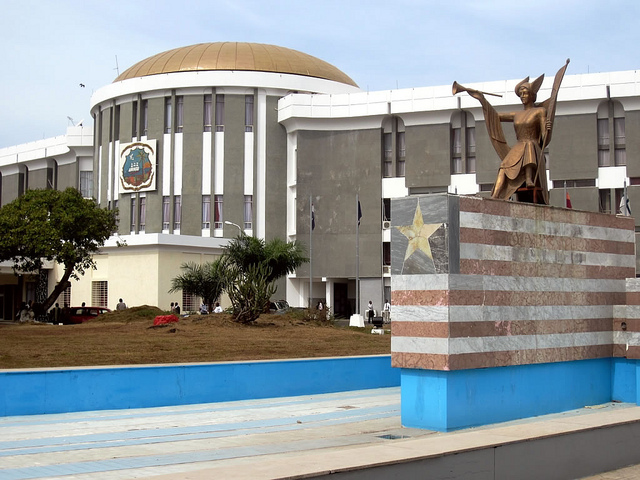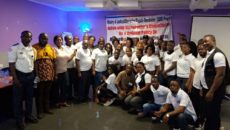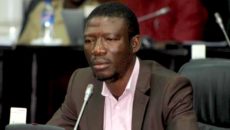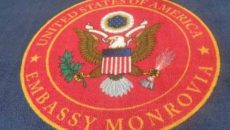On the evening of August 7, Liberians began to hear rumors of “strange men†with guns in Bomi, in a scene reminiscent of the start of the various iterations of Liberia’s civil war.
Some narrations of the events said the men came in helicopters carrying firearms while others claimed the men accessed the countryside via canoes. Still, there were implausible rumors that the men were linked to Boko Haram and were coming into the country to secure natural resources for the terrorist organization.
Unfortunately, most Liberian media organizations that would be equipped to properly investigate the situation do not have any presence in Bomi. This is where the government is expected to come in and fill in the blanks.
But that did not happen.
The government instead waited until several days later, before scheduling a press conference to elaborate on the matter. Unfortunately, that conference also ended in disappointment and was canceled with no official explanation.
In fact, news first broke from the Sierra Leonean government about occurrences within Liberia’s borders before Liberian officials could comment on the situation. No public statement was made on the matter. Reaching out to the Ministries of Defense or Information yielded no response as a series of high-profile deaths and funerals were apparently more important than allaying fears of a potential national security breach.
This is a serious concern. When people do not know what is going on, it is an opportunity for bad actors to perverse the truth and take advantage of people’s gullibility to wreak havoc.
Even when individuals are not purposely malicious, a lack of proper communication to citizens can cause disasters or make manageable ones worse. Case in point, the root cause for the recent Ebola crisis getting out of hand was a breakdown in the trust between the government and its citizens.
A virus that experts say is relatively simple to contain became Liberia’s second greatest nightmare. Citizens were getting so much information from conspiracy theorists because they simply did not trust government officials, who have continuously lied to them in the past.
Now the Ministry of Justice has come out a month later to provide a report attributing the Bomi incident to a “shooting precision practice by an unidentified individual.†But can Liberians really trust that information? Better yet, do citizens feel that the government is well equipped to protect the nation following a delayed investigation by the security sector into the shooting?
Building trust with the public through the regular dissemination of information is necessary for maintaining a safe and secure state. Safety and security are as much about perception as they are about actual safety.
Because of the negative impact that perception can create, safety and security can also affect the economy. The nation risks losing investors unwilling to pour money into developing the country’s economy if they are unsure about its stability. This is why it is so important for the Liberian government to be upfront with its citizens.
In case such incidences are to re-occur, the citizens should be informed of the country’s status. The government needs to admit any challenges it faces and propose helpful solutions. Otherwise, Liberians are likely to assume that their leaders have no control over the country’s welfare.
Featured photo courtesy of David Stanley



